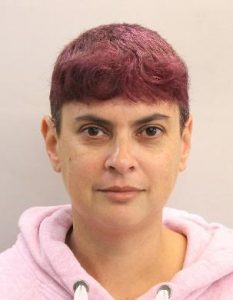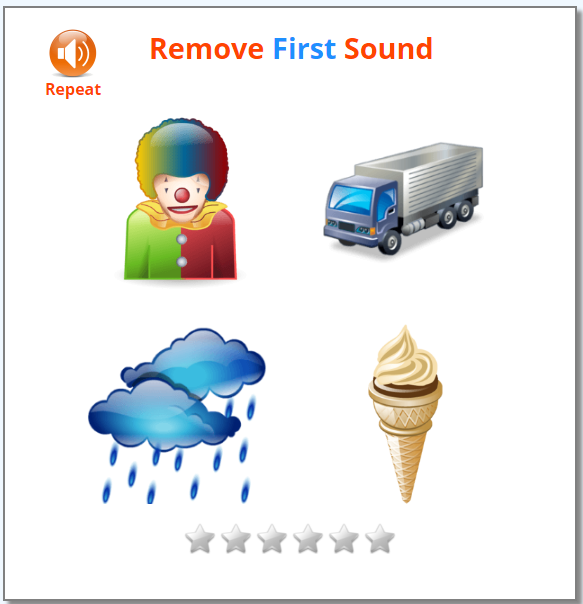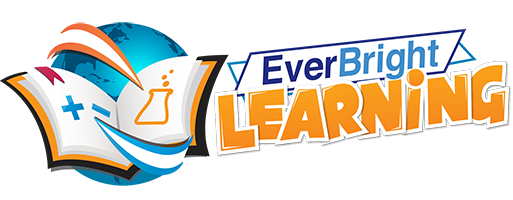
The following is an interview with Liz.
I’m worried about my child’s reading, could they have dyslexia?
The fact that you’re worried tells me, that despite your best efforts, your child struggles to read. They may be unable to read or can read a bit, but not fluently. Their spelling is erratic – spelling the same word many different ways.
All this points to dyslexia. There are many definitions of dyslexia, but the one I like the most is this: “Dyslexia is a learning difficulty that primarily affects the skills involved in accurate and fluent word reading and spelling.”

Should I get a formal diagnosis if I think my child has dyslexia?
It depends on why you want the diagnosis.
I found, with my children, that putting a name to their problems helped them. They could understand why they were having difficulties. And, that it wasn’t their fault. They weren’t ‘lazy’ or ‘stupid’ – their brain worked differently, that’s all.
It also helped me. Armed with a diagnosis, I could research all the options available. I could start helping my children and, it helped with my frustration. Now I knew why they weren’t reading. They weren’t being ‘awkward’ or ‘difficult’ – it was due to their dyslexia.
Is there an advantage to having a formal diagnosis?
Is there any advantage to paying $500 – $1,000 to get a formal diagnosis? I don’t think so. At the end of the day, if your child struggles with reading and spelling, they have dyslexia. If you want confirmation, then a dyslexia screening test will be enough.
To be honest, I get angry at the amount of money charged for a formal diagnosis. Working with educational psychologists, I created a simple test. It’s quick to take and gives you practical information on how you can help.
It’s unlikely you will get financial help for dyslexia (if on its own). And, fortunately, you’re home-schooling. You’re not battling the school (as I had to) to get them to provide extra support for your child. So, a formal diagnosis is not really necessary.
Most formal assessments have recommendations that are the same for all dyslexic children. Very few are specific to the individual child. So what you’re paying for is information that you can find out for free by doing some research.
They also don’t test for vision or auditory problems. Our research shows that 97% of children with dyslexia have vision problems. These aren’t picked up at a normal opticians’ appointment either.
They also don’t test for food allergies that may be causing brain fog and memory problems.
The time to have a formal diagnosis is if your child is taking external exams. This will allow them to qualify for extra time, a reader or a scribe. Often, this diagnosis needs to be within 12 months of the exam. Make sure you check with the exam board as you may end up having to pay twice.
I thought the diagnosis was what mattered. But, what I discovered was, once I had the diagnosis, all it did was give me a label for the problem. The information in the report didn’t actually help me or my children. I had to become an expert in dyslexia to help them.
I want to finish by saying your child can and will be able to read, like mine do now. Start with the dyslexia screening test. It will tell you where they need help and what practical things you can do.

